Lifestyle
Heroes In History: The Original Influencers
By CM Chaney · May 21, 2024

Astronaut and aeronautical engineer Neil Armstrong was a hero in 1969 when he became the first man to walk on the moon. Here are some other heroes in history. Nostalgic America / Getty Images
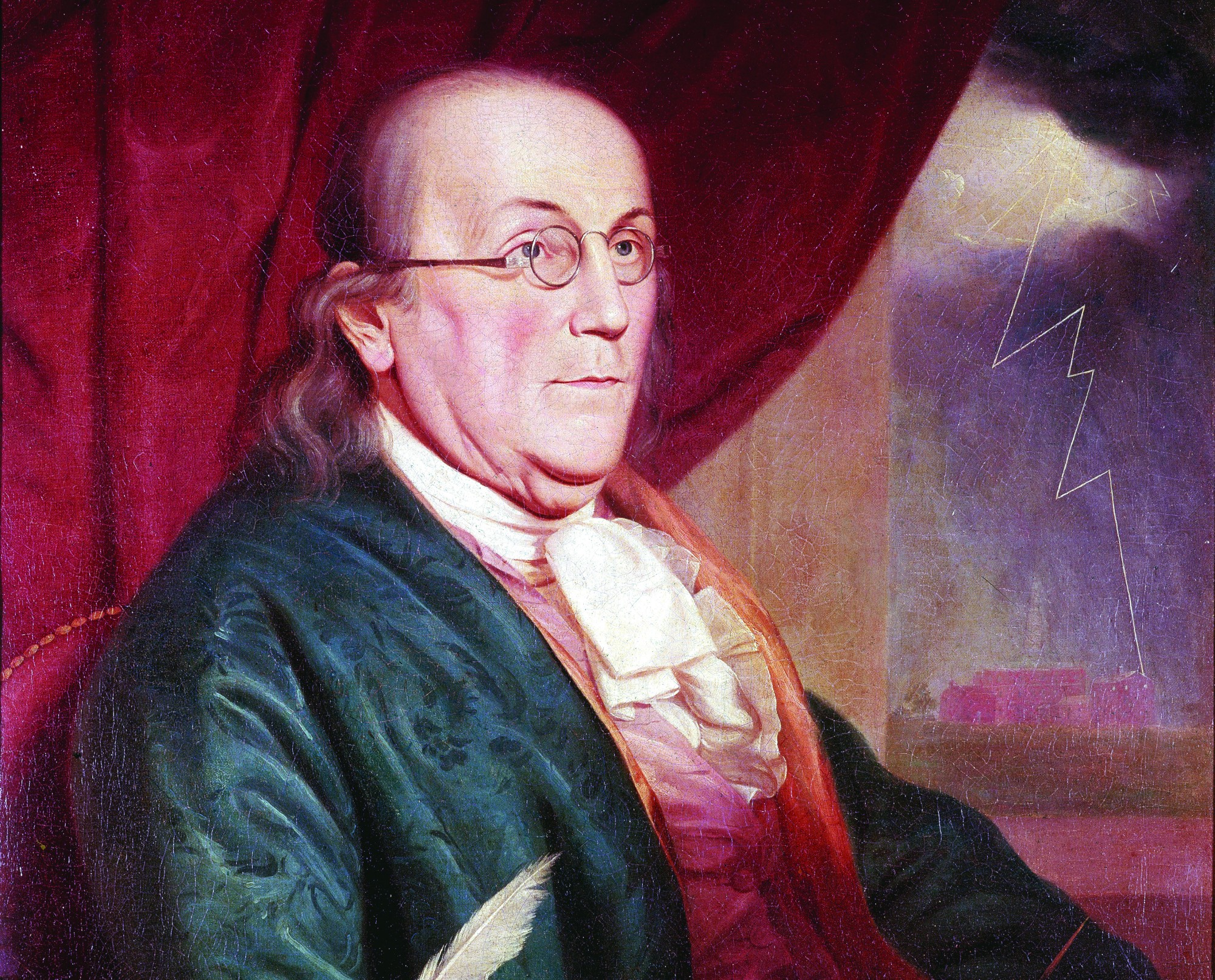
Ben Franklin – Inventor and Leader
Ben Franklin was a true American hero, He is best known for inventing the lighting rod, the glass harmonica, the Franklin stove, and bifocal glasses. He was responsible for incorporating the provision for limited-term patents and copyrights into the United States Constitution.In 1733, Franklin published the famous Poor Richard’s Almanac. He was instrumental in creating the first public library in Philadelphia and the first volunteer firefighting company in America.
His most notable achievement in domestic politics was his reform of the postal system. As a statesman overseas, he advocated for colonial interests in Great Britain and France. In 1776, Benjamin Franklin was a member of the “Committee of Five,” which created a draft of the Declaration of Independence. Nostalgic America / Getty Images
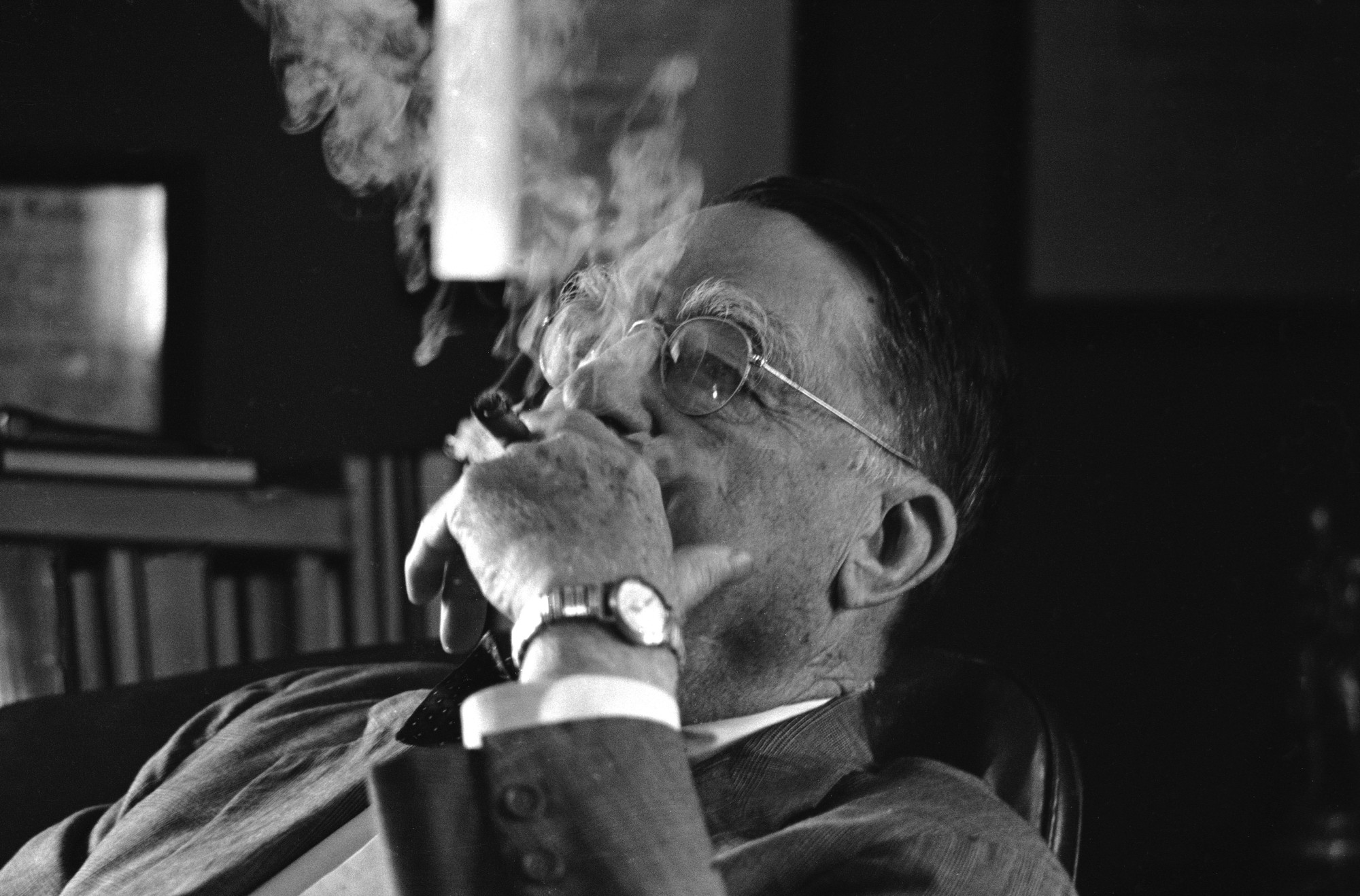
Branch Rickey
Branch Rickey was a baseball player and manager known for breaking the color barrier in baseball. In 1942, he was named general manager and president of the Brooklyn Dodgers, and in 1945, he broke the long-standing race barrier by signing Jackie Robinson.Rickey was born on December 20, 1881, in Stockdale, Ohio, and was raised in a strict religious setting. After graduating from Ohio Wesleyan University, Rickey played in the Texas League, and was picked up at the end of the season by the Cincinnati Reds of the National League. He was quickly dropped from the team when he refused to play on Sundays. His playing career lasted for three years between 1905 and 1907, Rickey played catcher for the St. Louis Browns and the New York Highlanders, compiling a .239 lifetime batting average.
Rickey soon became an innovative figure in baseball management and in 1919 as the president of the St. Louis Cardinals he designed the farm system for training and advancing players to the Major Leagues. Nostalgic America / Getty Images
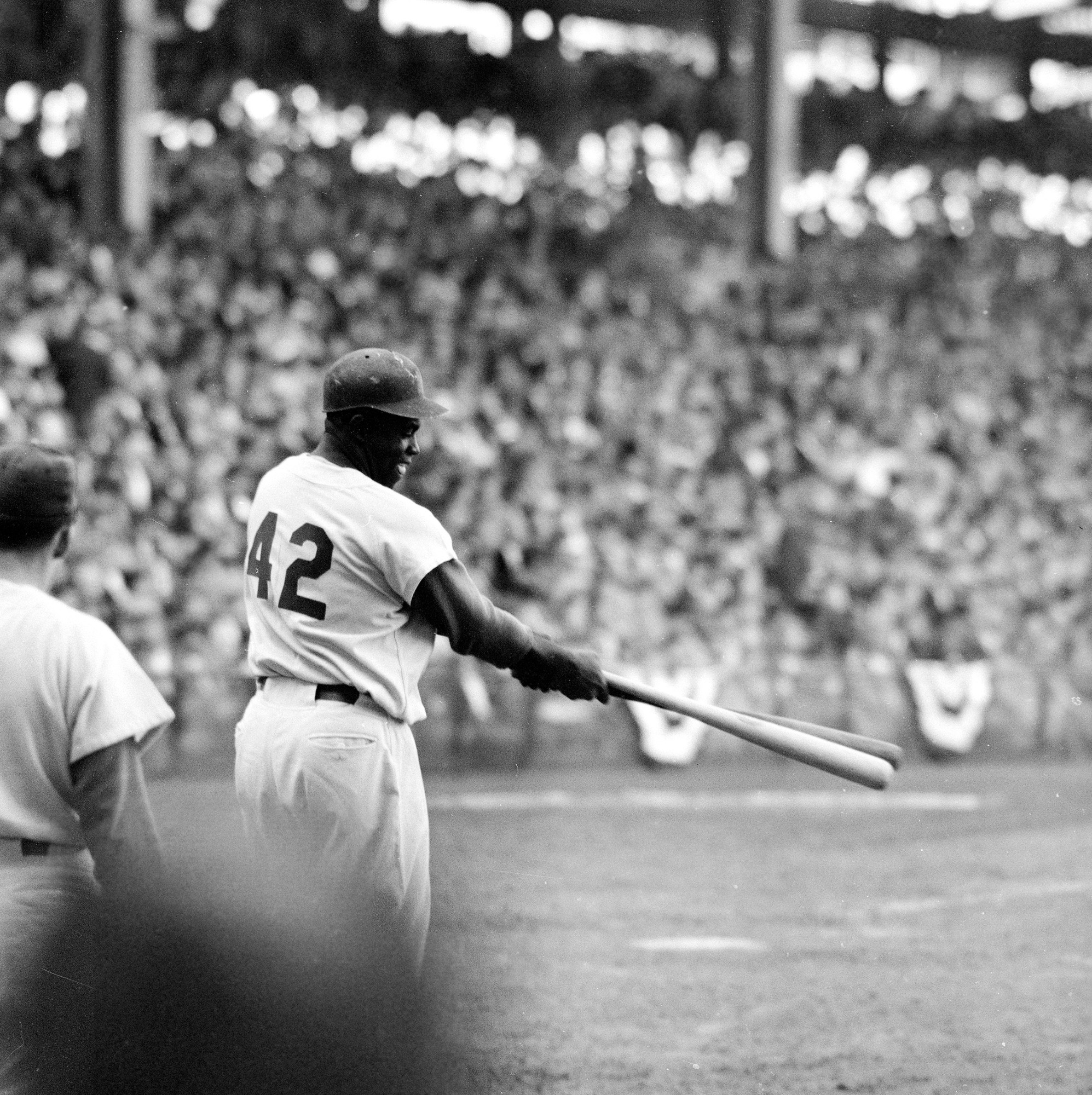
Jackie Robinson
Jackie Robinson broke the baseball color barrier, becoming the first African-American to play in Major League Baseball in the 20th century. On April 15, 1947, the first base player appeared on the field for the National League Brooklyn Dodgers in a game against the Boston Braves. Jackie Robinson went on to become the first black vice-president of a Fortune 500 company. He was known throughout his life for breaking barriers. Nostalgic America / Getty Images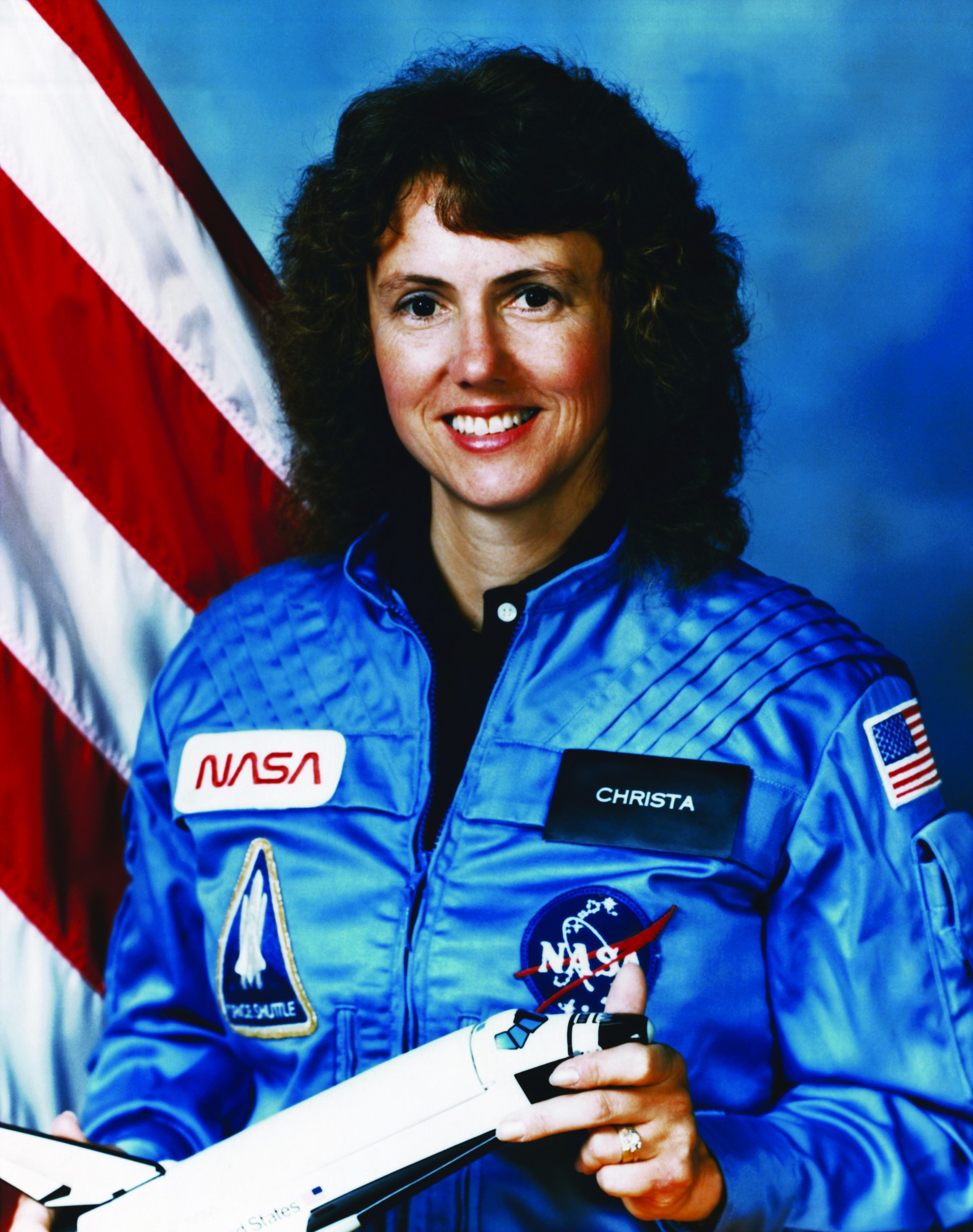
Christa McAuliffe
On July 19, 1985, Christa McAuliffe, a social studies teacher from Concord, New Hampshire, was selected from more than 11,000 applicants to be the first teacher in space. Tragically, she died just 73 seconds after liftoff of the space shuttle Challenger, along with six other astronauts. She is remembered as a hero for her courage in attempting to touch the future. NASA selected an ordinary person — to do the extraordinary. Nostalgic America / Getty Images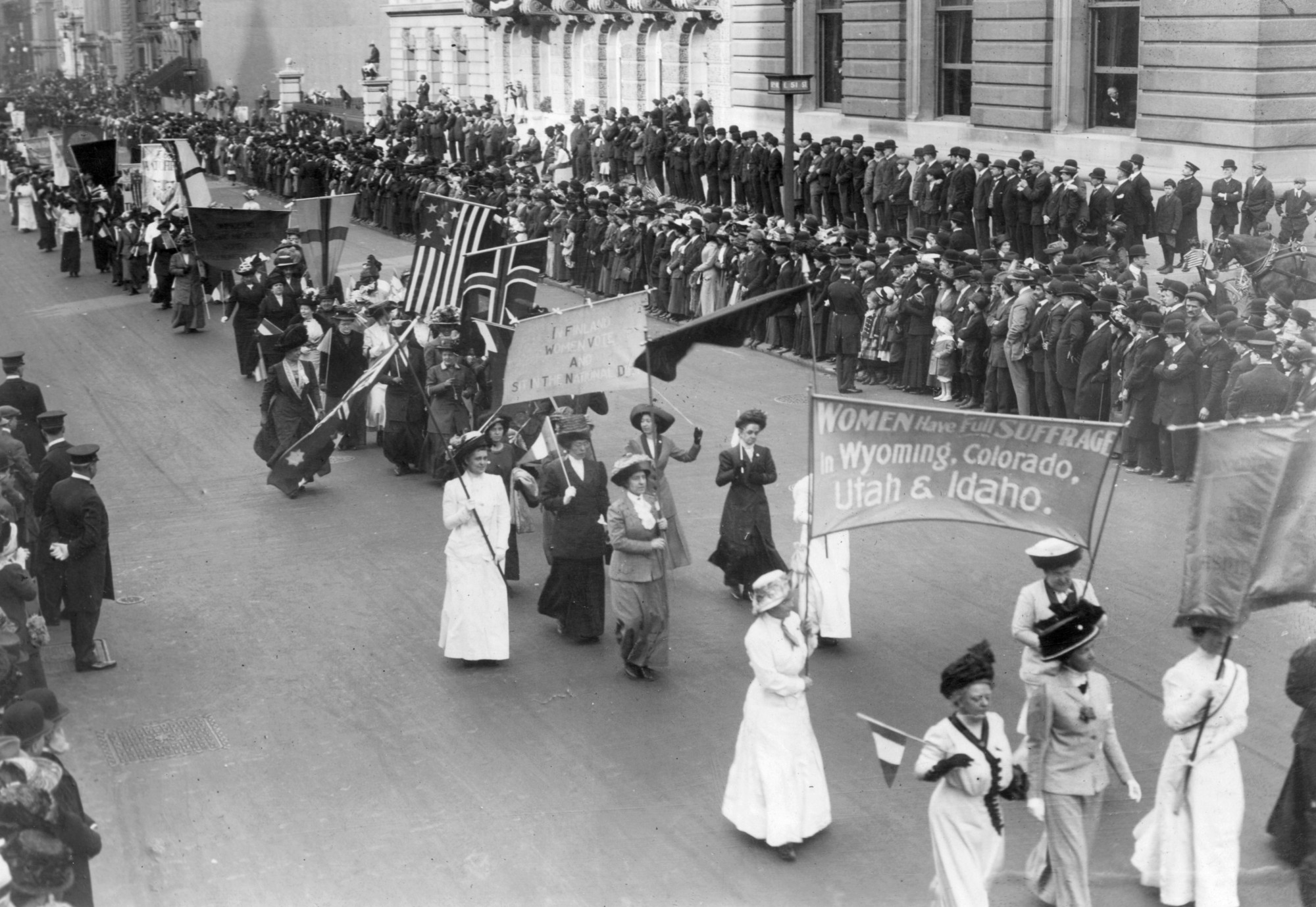
Women's Suffragettes
On Election Day in 1920, millions of American women exercised their right to vote for the first time after nearly 100 years of effort. On August 26, 1920, the 19th Amendment to the Constitution was finally ratified, declaring all American women, like men, deserved all the rights and responsibilities of citizenship. Nostalgic America / Getty Images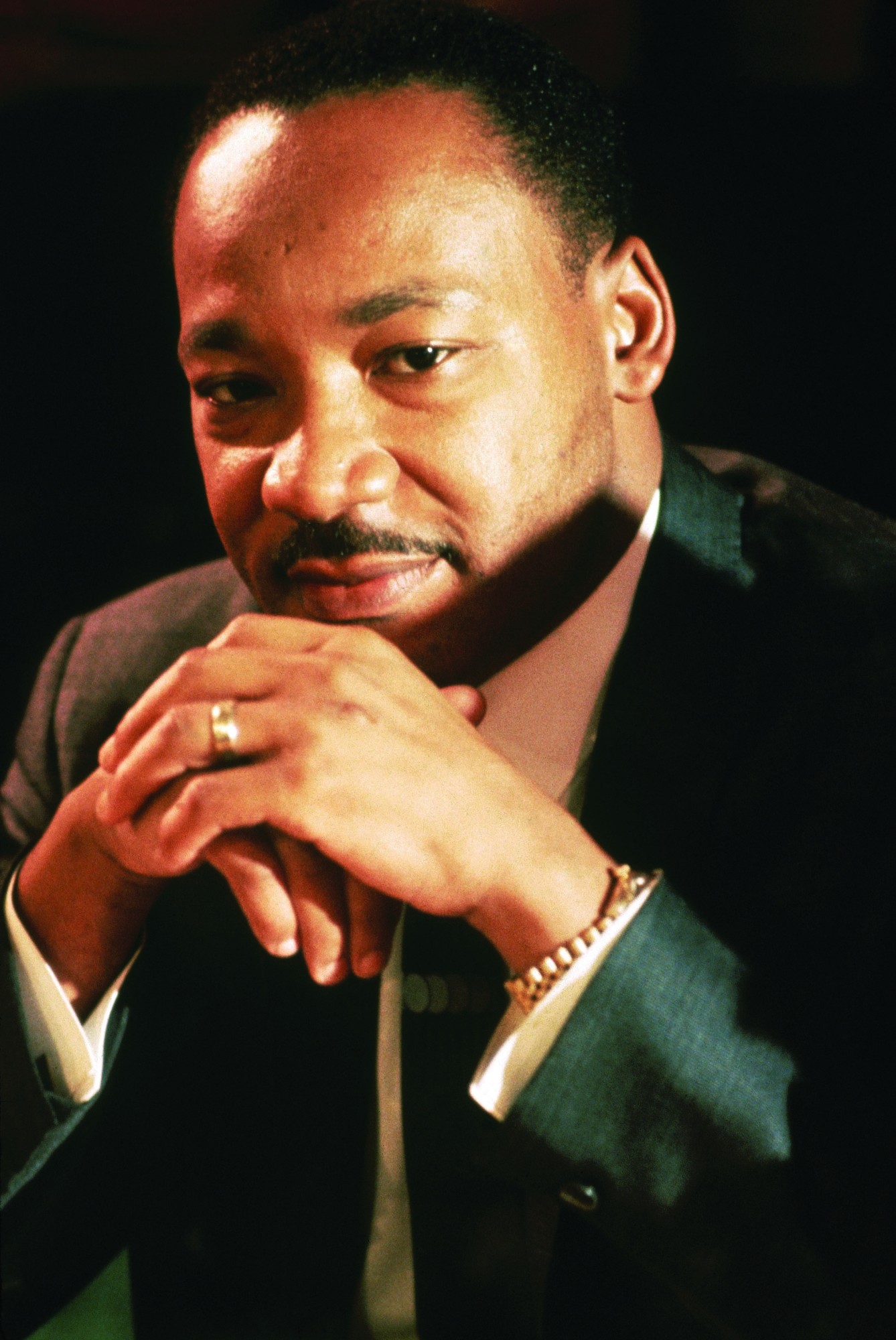
Martin Luther King Jr.
"I Have a Dream" the speech that was delivered by Martin Luther King Jr. during the March on Washington for Jobs and Freedom on August 28, 1963, in which he called for civil and economic rights and an end to racism in the United States. Nostalgic America / Getty Images
"Eagle" Lands At Tranquility Base
As the spacecraft approached the surface of the moon, Astronaut Neil Armstrong realized that they were heading into a field of boulders on the northeast shoulder of a crater the size of a football field. A warning light was telling him he had less than 60 seconds of fuel left, but they were close now and it was just a matter of easing themselves down.Forty seconds had passed since the sixty-second warning, and Armstrong stated, “The Eagle Has Landed.” For the astronauts, the landing itself had been the big moment of the mission. But, for the waiting world, the big moment was still to come. Armstrong stood on the pad for a moment or two, testing the soil with the tip of his boot before he proclaimed, “That’s one small step for a man, one giant leap for mankind.” Nostalgic America / Getty Images
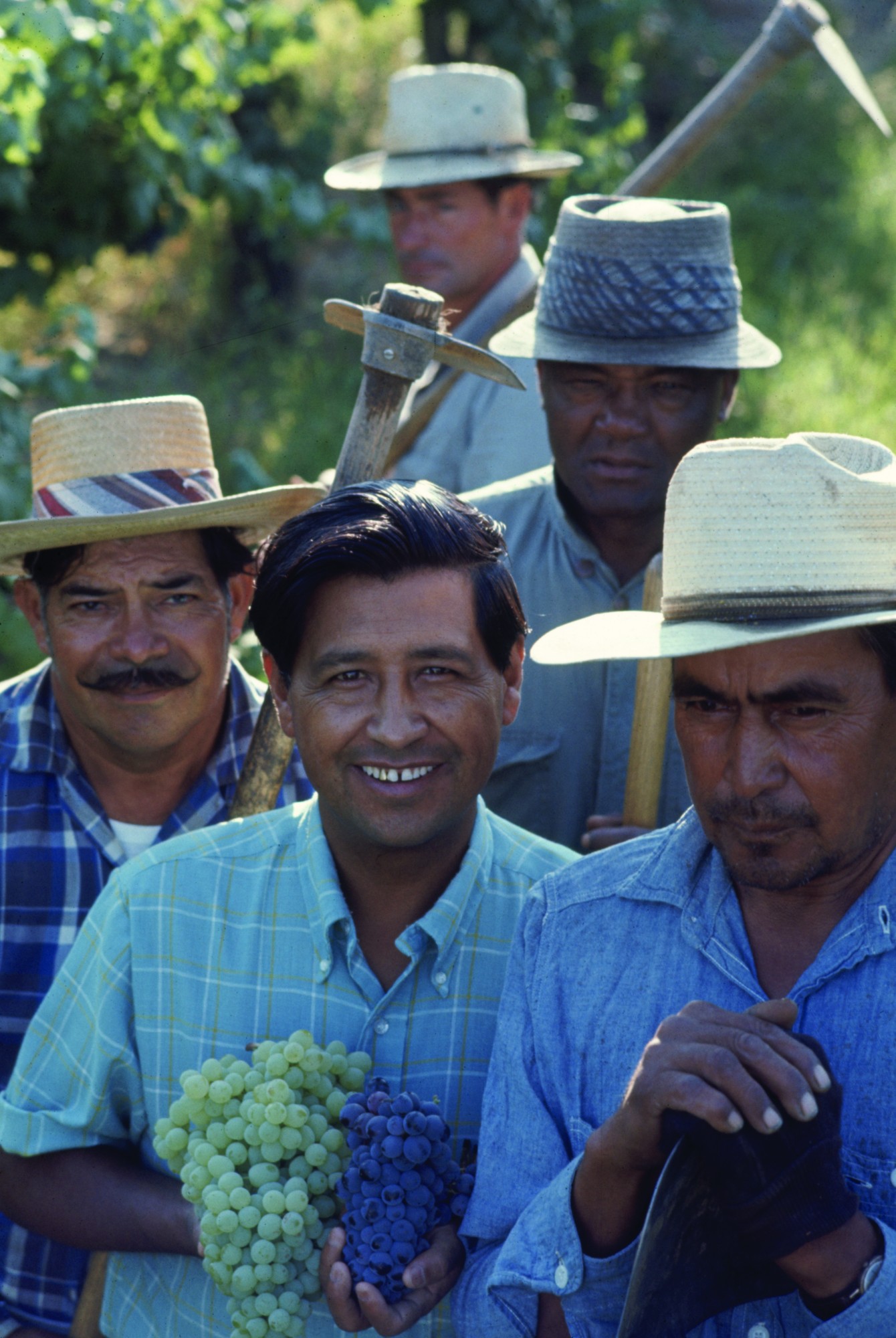
Cesar Estrada Chavez
Cesar Estrada Chavez was born in 1927 near Yuma, Arizona. He was named after his grandfather, who escaped from slavery on a Mexican ranch and arrived in Arizona during the 1880s. His grandparents homesteaded more than one hundred acres in the Gila Valley and raised 14 children. In 1937, a severe drought forced the family to give up the ranch, and they packed their belongings and headed to California in search of work, soon becoming part of the migrant community, traveling from farm to farm to pick fruits and vegetables during the harvest.In 1944, Chavez joined the navy and served in World War II. After completing his duty two years later, he returned to California and again worked in the fields. He began to fight for change and took part in his first strike in protest of low wages and poor working conditions. Chavez traveled throughout California and made speeches in support of workers' rights. He soon formed his own organization, the United Farm Workers (UFW), and in 1965, led a strike of California grape-pickers to demand higher wages. They encouraged all Americans to boycott table grapes as a show of support, and the strike lasted five long years attracting national attention and the full support of Robert Kennedy.
His lifetime efforts called attention to the migrant workers' cause, and he fought against the use of toxic pesticides. He helped increase public attention, and these strikes and boycotts generally ended with the signing of bargaining agreements. Cesar Chavez died on April 23, 1993. Nostalgic America / Getty Images
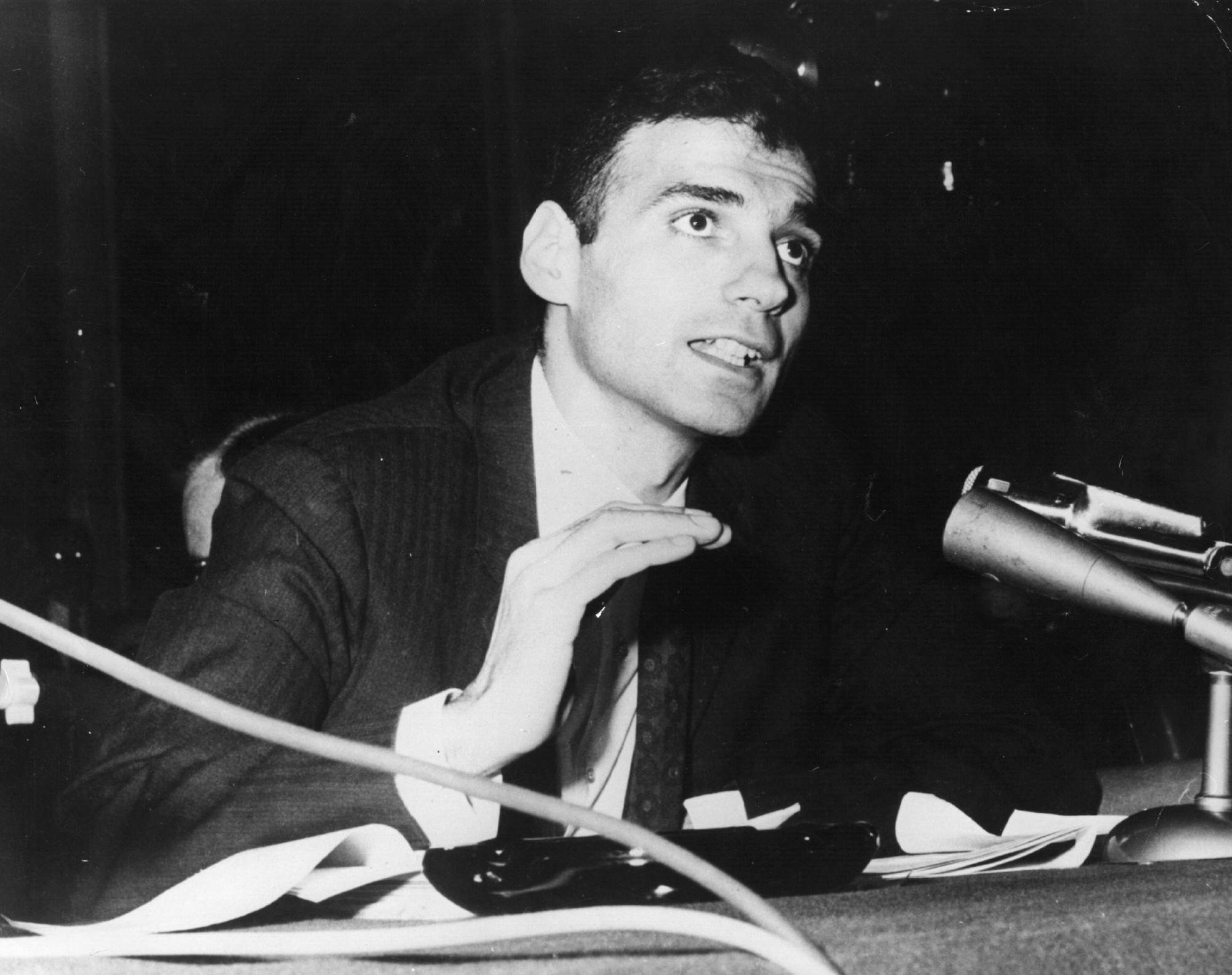
Ralph Nader
Consumer Advocate Ralph Nader was named one of the 100 Most Influential Americans in the Twentieth Century by Time Magazine. For over five decades, Ralph Nader exposed problems and organized millions of citizens into more than 100 public interest groups to advocate for solutions.In 1955 Ralph Nader graduated magna cum laude from Princeton University, and in 1958 he received a LLB with distinction from Harvard Law School.
Nader’s research on auto safety and his lobbying in Washington helped push Congress to pass the 1966 National Traffic and Motor Vehicle Safety Act. His efforts were instrumental in enacting the Occupational Safety and Health Administration (OSHA), the Environmental Protection Agency (EPA), the Consumer Product Safety Commission, the Safe Drinking Water Act, the 1967 Wholesome Meat Act, the 1967 Freedom of Information Act and the 1970 Clean Air Act.
In 1969, he helped found the Center for Study of Responsive Law (CSRL), a non-profit organization staffed mostly by college, graduate and law students. Those students became known as ‘Nader’s Raiders’ who studied and issued reports on a variety of consumer issues. Because of Ralph Nader we drive safer cars, eat healthier food, breathe better air, drink cleaner water, and work in safer environments. Nostalgic America / Getty Images
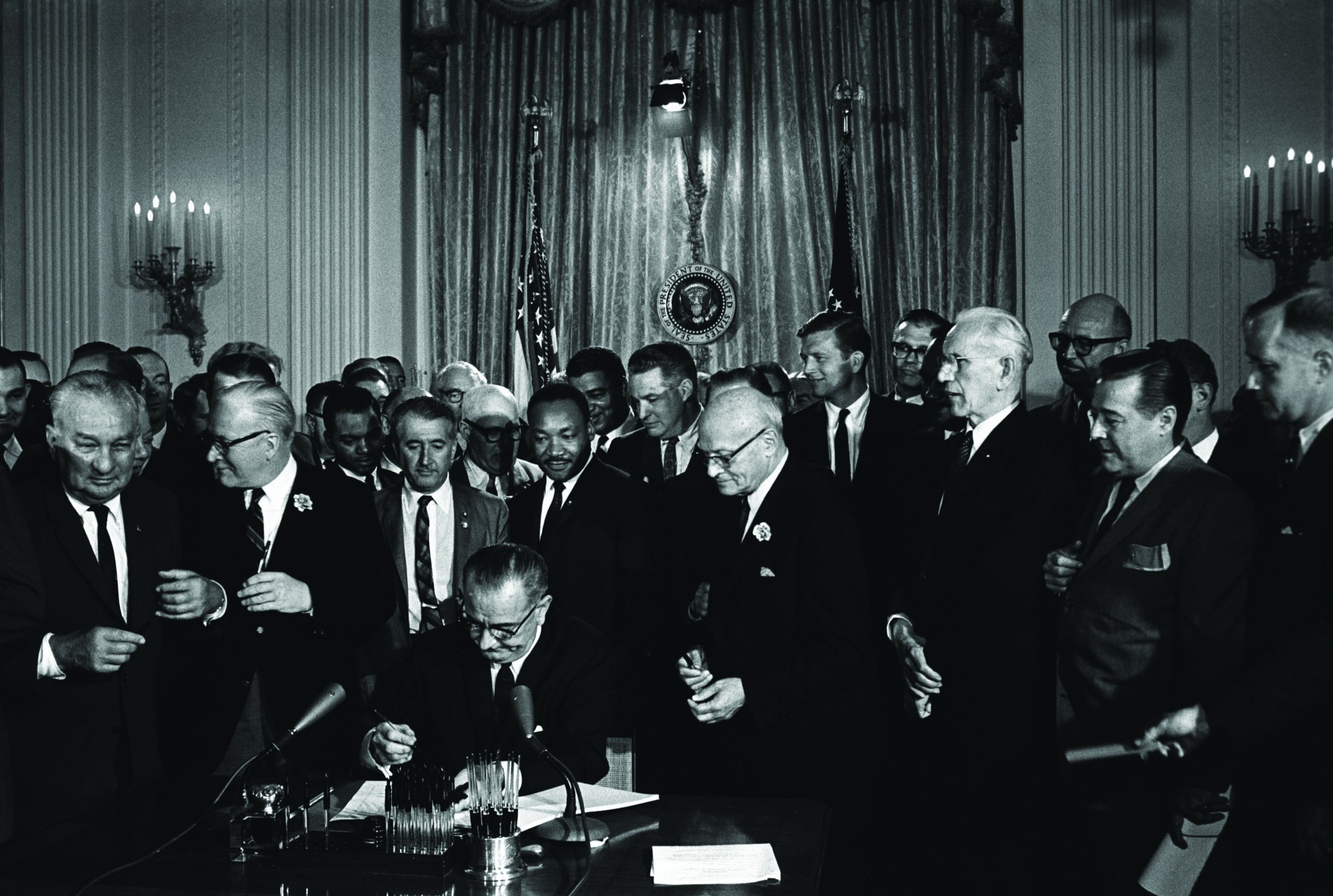
The Civil Rights Act of 1964
President Lyndon Baines Johnson signed The Civil Rights Act of 1964 into law. It was approved after surviving an 83-day filibuster in the United States Senate. Nostalgic America / Getty Images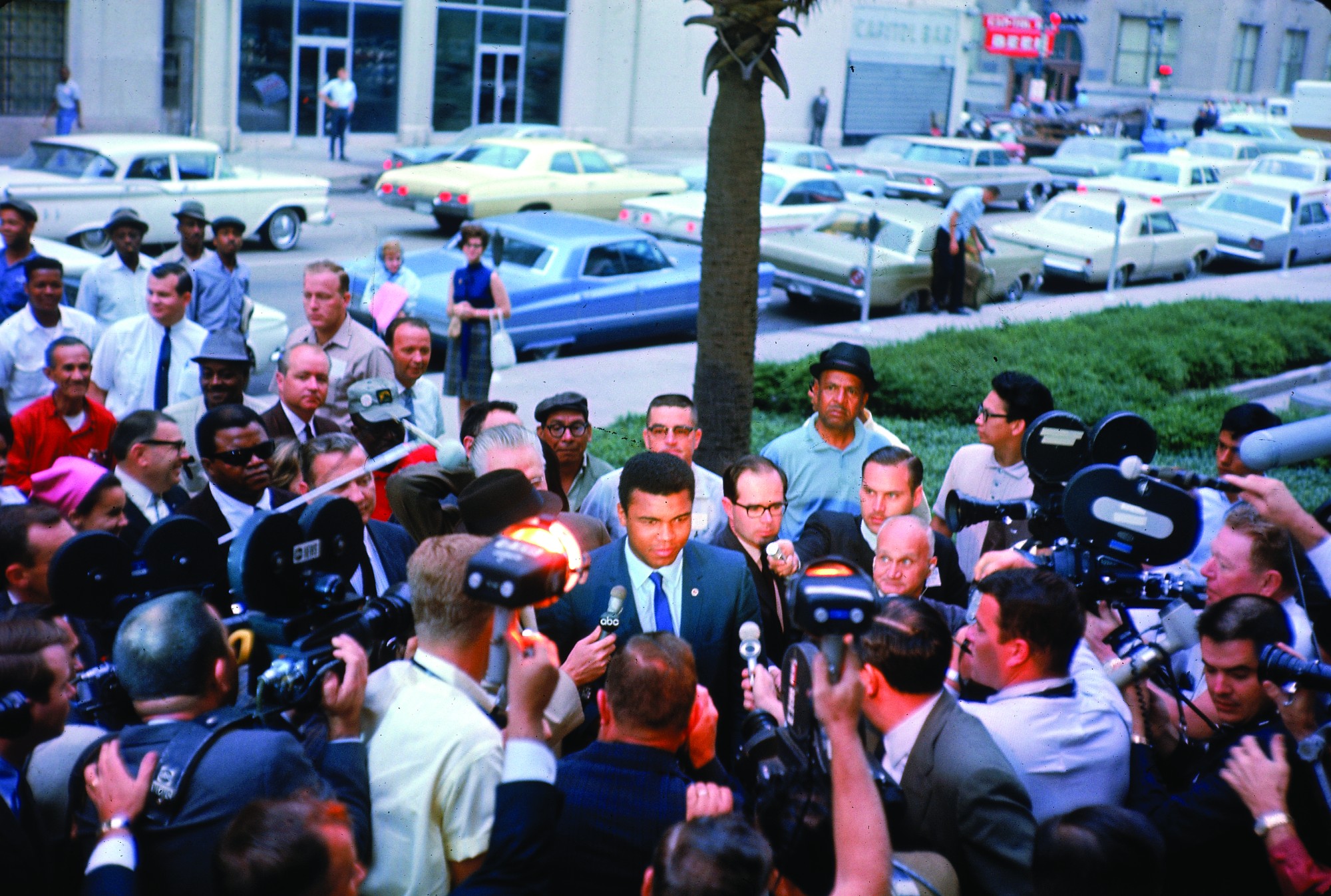
Muhammad Ali
Cassius Marcellus Clay, Jr., grew up in the American South in a time of segregated public facilities. When he was 12 years old, he took up boxing under the tutelage of Louisville policeman Joe Martin. After advancing through the amateur ranks, he won a gold medal in the 175-pound division at the 1960 Olympic Games in Rome and began a professional career under the guidance of the Louisville Sponsoring Group, a syndicate composed of eleven wealthy white men.On February 25, 1964, Clay challenged Sonny who was widely regarded as the most intimidating, powerful fighter of his era. Clay was a decided underdog but in one of the most stunning upsets he defeated Liston after six rounds, becoming the new champion. Two days later Clay shocked the boxing establishment again by announcing that he had accepted the teachings of the Nation of Islam and on March 6, 1964, he took the name Muhammad Ali.
Then, on April 28, 1967, citing his religious beliefs, Ali refused induction into the US Army at the height of the Vietnam War. He was stripped of his championship and precluded from fighting by every state athletic commission in the United States for three and a half years. In addition, he was criminally indicted and, on June 20, 1967, convicted of refusing induction into the U.S. armed forces and sentenced to five years in prison. Although he remained free on bail, four years passed before his conviction was unanimously overturned by the US Supreme Court on a narrow procedural ground.
Meanwhile, as the 1960s grew more tumultuous his impact upon American society was growing, and he became a lightning rod. His message of black pride and black resistance to white domination was on the cutting edge of the civil rights movement. Having refused induction into the U.S. Army, he also stood for the proposition that “unless you have a very good reason to kill, war is wrong.” When Muhammad Ali stood up and said, ‘No, I won’t go,’ it reverberated through the whole society.”
In October 1970, Ali was allowed to return to boxing, and though challenging times persevered and became the first fighter to win the world heavyweight championship on three separate occasions; as well as successfully defending his title 19 times. Nostalgic America / Getty Images